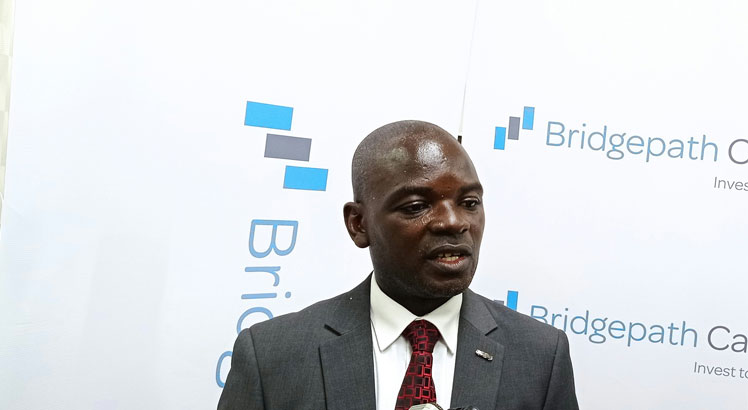Digital financial services usage up in H1—RBM
The Reserve Bank of Malawi (RBM) says the use of digital financial services went up in the first half (H1) of this year as reflected through the improvement of transactions in both volume and value compared to the same period last year.
RBM’s June 2022 Financial Stability Report published on Friday indicates that the total volume of transactions using digital financial services stood at 460.7 million whereas the value of transactions stood at K8.2 trillion in H1 of this year.
The position is higher when compared to the second half of 2021 as the movements in the volume and value of transaction figures recorded during H1 this year means an upward movement of four percent and eight percent, respectively.

Reads the report in part: “This outturn reflects growing customer preference for digital channels when making payments as opposed to using cheques whose settlement is usually deferred.
“In addition, carrying huge sums of cash also poses risks to the consumers and, therefore, digital financial services offer a safe and convenient mode of payment, especially for small and regular payments; hence, the preference.”
Commenting on the report on Monday, Consumers Association of Malawi executive director John Kapito said consumers have benefited from digital financial services. However, he said he wants to see service providers eliminating network challenges that prohibit consumers for using the services.
“The importance of using digital financial services cannot be overemphasized in particular during these times when brick and mortar is being discouraged to prevent the spread of Covid-19. We, however, want glitches such as network problems eliminated,” he said.
RBM has since admitted risks associated with digital financial services platforms. The challenges include operational risks caused by network unavailability and power outages.
The central bank said though digital services are deemed important in nature, such risks potentially threaten the smooth functioning of the payment system infrastructure in the country.
RBM Governor Wilson Banda is quoted in the statement accompanying the report as having said that they will continue to monitor the effectiveness of the risk mitigation measures that have been put in place to safeguard the payment infrastructure.
He said: “The measures include maintenance of backup power and network to the critical payment infrastructure that the RBM operates and ensuring that the disaster recovery site is regularly tested to ascertain its effectiveness.
“Similarly, payment service providers under the regulatory purview of the RBM are also encouraged to maintain adequate risk mitigation measures that would ensure business continuity when there is a disruption to their main operating environments.”





